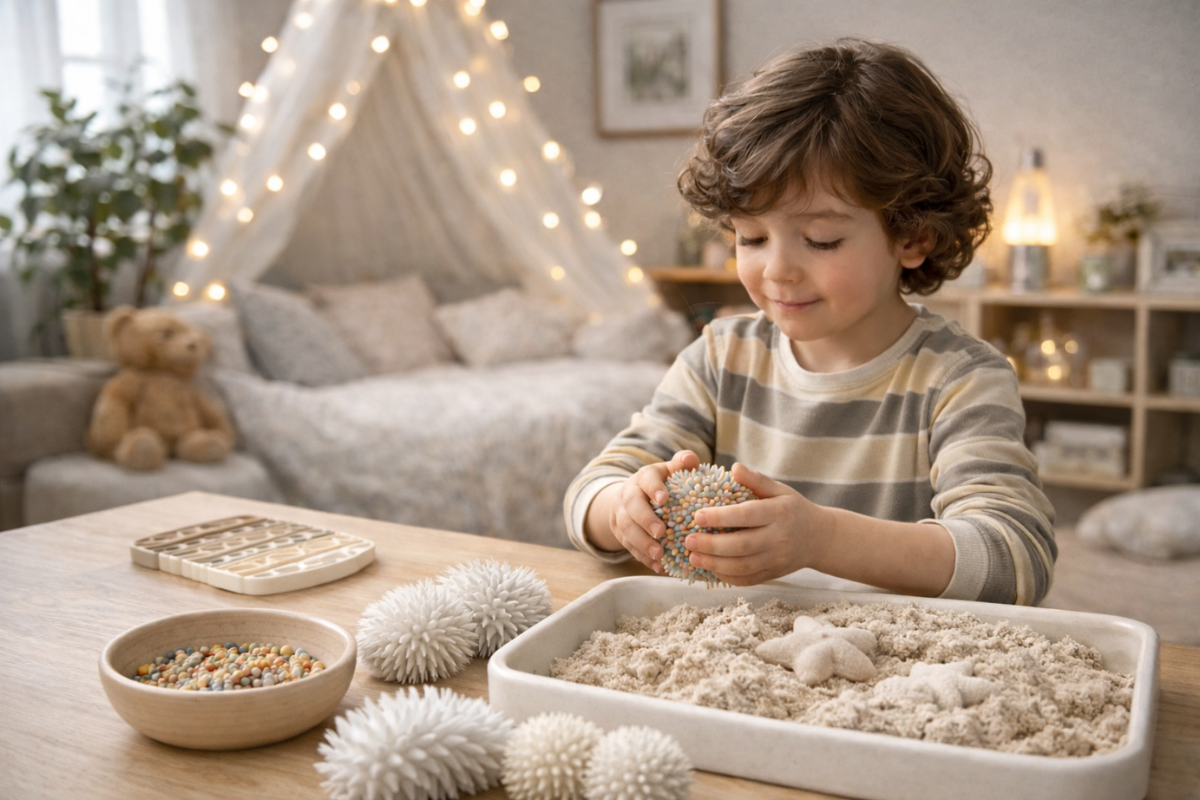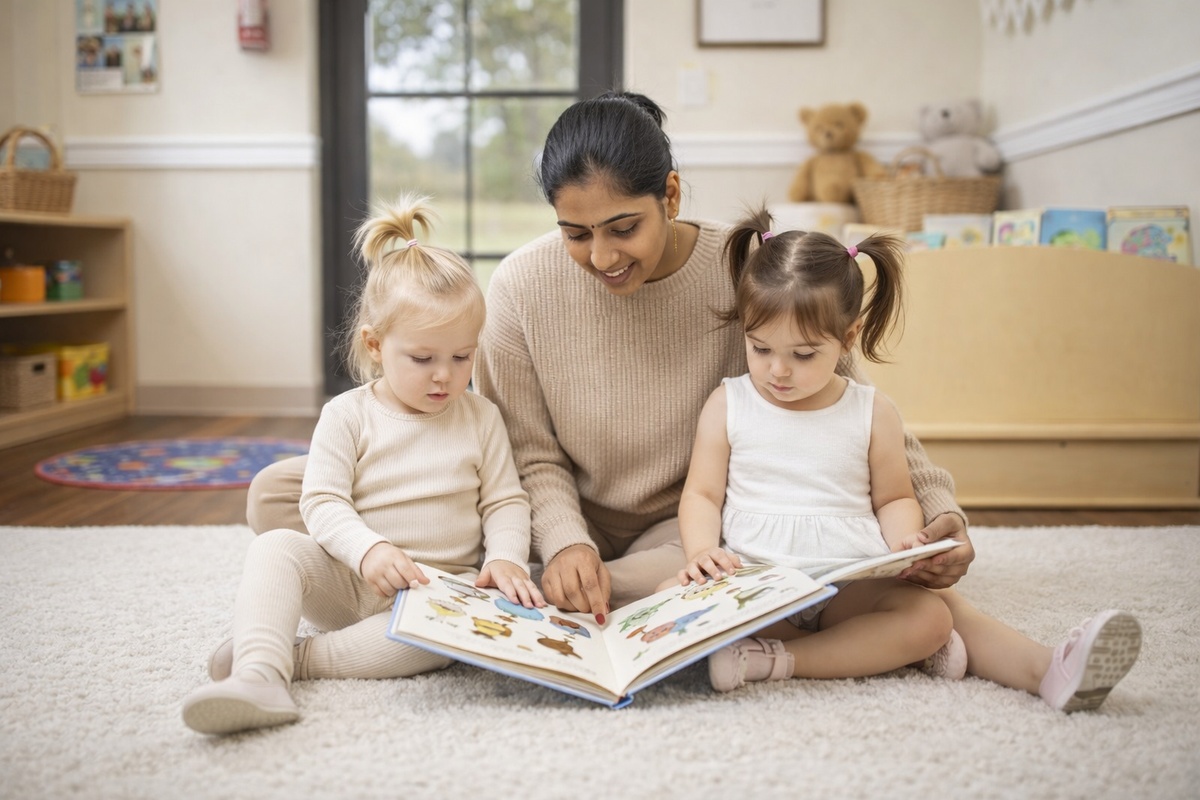Tips for Doctor Visits with Autism
Going to the Doctor: Getting my child with a disability through the office successfully
No one likes doctor visits! It can be a scary place for children, especially those with a disability, or those that cannot understand verbal language quite well.

Before going to the doctor’s office:
- Buy play doctor instruments. Pretend play with your child how the doctor will utilize these different materials.
- Use a stethoscope to listen to the heart
- Use a pretend doctor stick to look at the mouth
- Use a pretend toy to look at the eyes
- Use a pretend otoscope to look at ears
- If your child has a hard time pretend playing with the play instruments, you can utilize something your child likes to get them to be more likely to pretend play.
- For example, if your child loves to watch videos, tell your child “first listen to the heart then watch the video.” Once your child lets you pretend listen to his/her heart, give him the video for 30 seconds or so. Repeat with all the other pretend materials.
- If your child prefers videos, find a video of a child going to the doctor. Show it to your child and tell them they will be going to the doctor soon. Show them the video every day, up to 7 days before the appointment.
- If your child prefers pictures, find a book of a child going to the doctor. Read it to your child!
At the doctor’s office:
- Before going to the doctors, have a special toy, or food ready for your child. Tell them if we do good at the doctors, he/she can have it.
- When it is time to go to the doctor’s room, have the doctor or nurse give your child a small food item or toy your child likes. You might have to bring something from home.
Make sure the doctor or nurse physically gives it to the child. This can start a great child-doctor relationship! Your child will learn the doctor is a pretty cool person.
- Bring whatever materials you used at home to practice to the doctor’s office.
- Tell your child the doctor will listen to their heart. You can listen to your child’s heart (like you practiced at home), and then the doctor can do it! Remember to give your child the item he/she likes (just like at home).
- If you used a book, show your child the picture of what the doctor will do. Then your doctor can do it!
- If you used a video, show your child the step on the video. After they watch the step, have the doctor do it.
- After each step, don’t forget to give your child something they like!
Support Beyond the Doctor’s Office
Many families find that practicing these strategies works even better when combined with applied behavior analysis autism techniques. At Early Autism Services, our experienced clinicians provide both in home ABA therapy and center based ABA therapy, helping children practice daily routines like doctor visits with confidence.
Looking for comprehensive autism services? Explore our ABA therapy programs to learn how we can support your child’s growth both at home and in the community.
If you’re ready to get started, contact our Intake Specialist today.
Related Resources You May Find Helpful
Explore More

How Autism Affects the Brain: Structure, Connectivity, and Sensory Processing
Autism is a heterogeneous neurodevelopmental condition shaped by differences in brain structure, neural connectivity, and sensory processing. Research shows early variations in brain growth, local overconnectivity, and long-range underconnectivity, influencing communication, behavior, and perception. Sensory sensitivities and detail-focused strengths are common features. Understanding these neurological differences helps parents and educators move beyond one-size-fits-all approaches toward supportive, individualized, and neurodiversity-affirming care.

Safety and Wandering Risks in Autistic Children
Wandering, or elopement, is a serious safety risk for autistic children due to sensory overload, communication challenges, and reduced danger awareness. Triggers such as routine changes or overstimulation can increase risk, making proactive planning essential. Prevention strategies like ID tools, home safety modifications, structured routines, and ABA therapy support can significantly reduce danger while promoting independence and confidence.

Daycare Challenges in Toddlers: When to Pause and Seek Support
Toddlers may struggle with daycare routines, transitions, and social interactions, which is often a normal part of development. However, when challenges are persistent or more intense than expected, they may signal the need for extra support. Paying attention to caregiver feedback and trusting parental instincts can help families decide when to pause and seek guidance. Early support fosters understanding, confidence, and emotional well-being.

